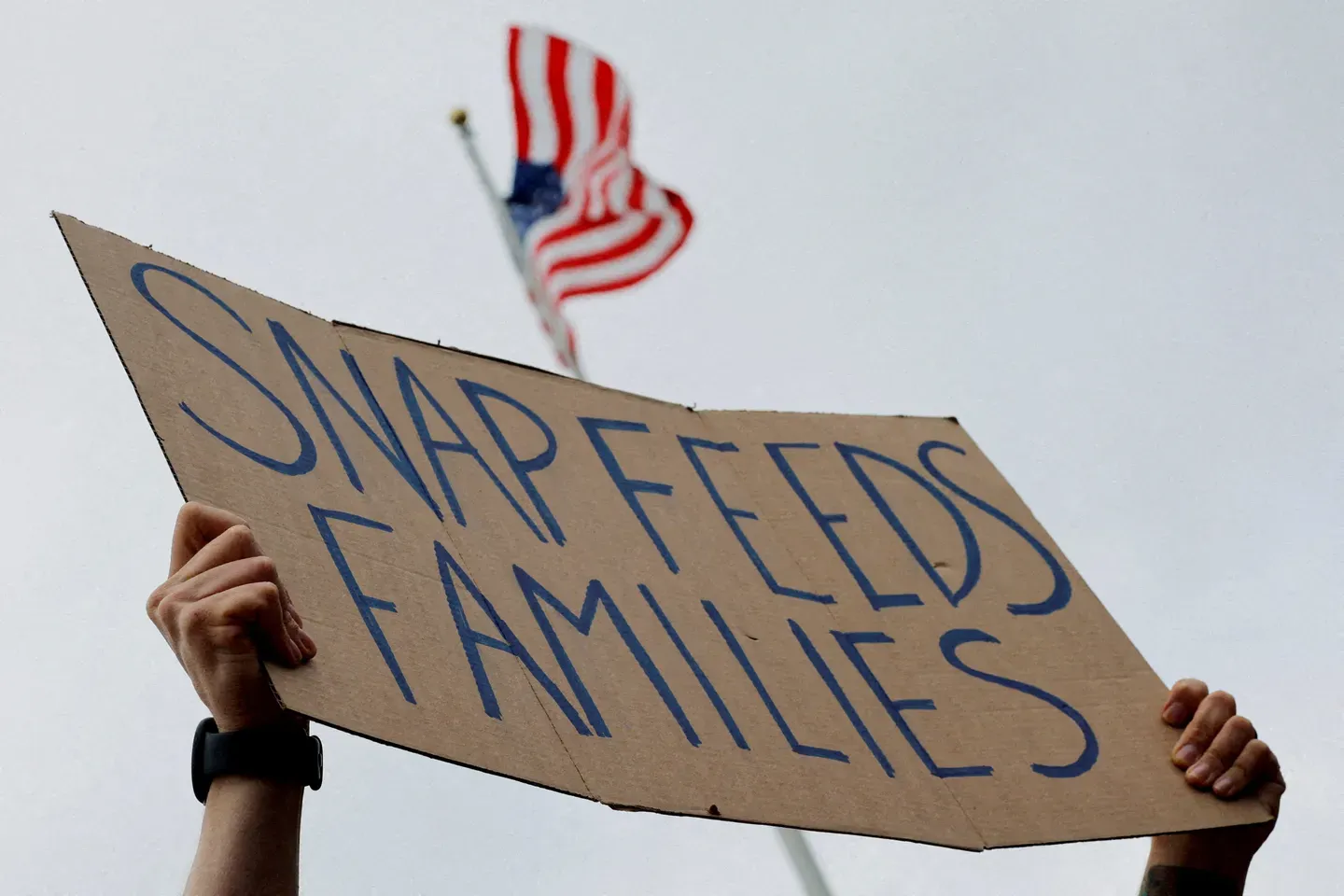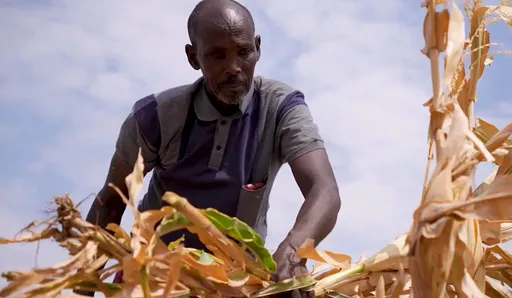Millions of Americans have turned to food banks and relatives as the ongoing government shutdown, the longest in US history, delays payments from the Supplemental Nutrition Assistance Program (SNAP), which supports nearly 42 million people nationwide.
The delays have left households struggling to put food on the table, marking the first major lapse in SNAP’s six-decade history.
In the meantime, recipients are carefully managing already tight budgets, turning to food pantries, and making sacrifices to try to weather the turbulence.
About 80 percent of SNAP households include either a child, an elderly person or someone with a disability, according to the US Department of Agriculture.
The US administration has said it will comply with a federal court order to issue partial benefits this month, but warned that the money could take weeks to reach recipients.
Suffering deepens
When Daletia Chung of Montgomery County, Maryland, learned her November food benefits would be delayed, she immediately made a plan with extended family to share meals and groceries so she could feed herself and her child.
But she cannot rely on them forever, she said after collecting a basket of groceries from the Manna Food Center in Silver Spring.
"If I don't receive any (benefits) in two weeks, then I'm going to wonder, what are the options?" Chung said.
Others are making similar sacrifices.
Amandah Treaster of Tulsa, Oklahoma, said she has only filled half her monthly prescriptions to save money for food.
"It’s very chaotic right now," she said.
To be eligible for SNAP, recipients must make less than 130 percent of the federal poverty line, or $1,632 a month for a one-person household and $2,215 for a two-person household in many areas.
Lucia Graves, a full-time teacher’s aide in New Hampshire, said the delay means she will likely have to rely on food pantries, even though many are closed after work hours.
"It’s definitely going to be another toll," she said.
At the Manna Food Center, which has seen rising demand, CEO Craig Rice said the organisation has expanded its food distribution by 35 percent to meet the spike in need.
"We are tasked with trying to make up whatever difference we can for those individuals," Rice said.
"It’s an untenable situation."
Meanwhile, the ongoing government shutdown will enter its 37th full day on Thursday, which officially makes it the longest in US history.
The most recent shutdown, which stretched from December 2018 to January 2019 during the first Trump administration, ended after 35 days.























